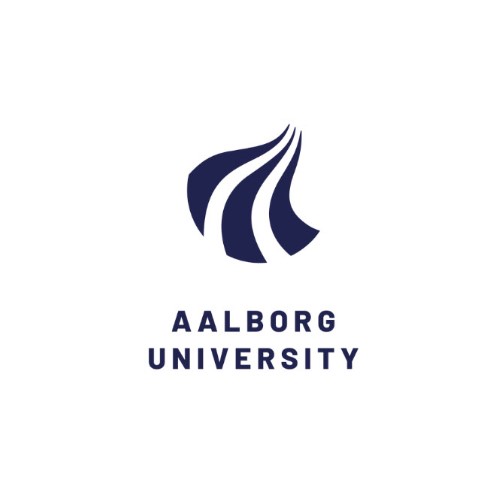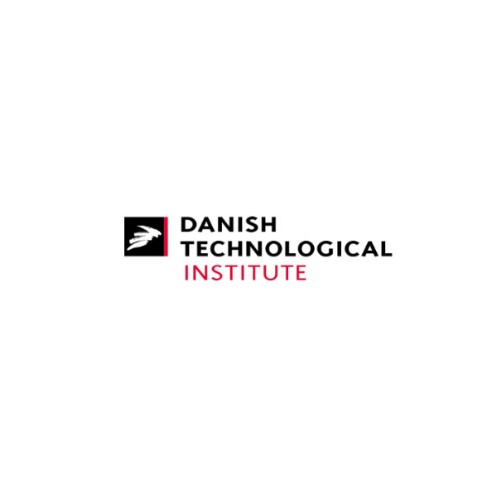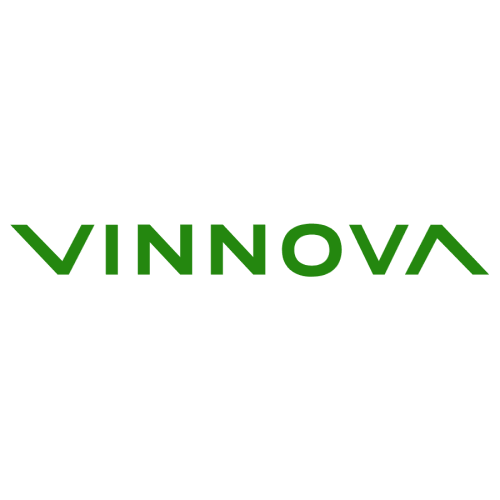2Ap07:
AAVLP-EpCAM+
2AP07: EpCAM+ cancers
TACKLING A COMMON CANCER TARGET THAT IS RECOGNIZED ON SEVERAL TUMORS
OVERVIEW:
- Pre-clinical project to develop a therapeutic vaccine against EpCAM+ cancers, including head and neck cancer.
- Proof-of-concept studies in animals is ongoing.
- Project partly funded by the EU Eurostars programme.
- Collaboration with the Danish Technological Institute (DTI) and DNASense.
INFORMATION:
Epithelial cell adhesion molecule (EpCAM) is a transmembrane glycoprotein normally expressed in low levels on the surface of basolateral membrane of many healthy epithelial cells. Here, it plays a pivotal role in the structural integrity, adhesion of the epithelial tissues and interaction with their underlying layers. If overexpressed, EpCAM can promote carcinogen transformation as it decreases the number of tight junctions and cellular interconnections. EpCAM is further recognised as a biomarker for circulating tumor cells (CTCs) and cancer stem cells (CSCs) and used as a measure for their metastatic capacity and correlated with a decreased overall survival in patients. This, together with the fact that CSCs have a high level of resistance to radiotherapy and chemotherapy makes EpCAM a very attractive target for cancer immunotherapy. Further, EpCAM positive cancers are the source of the 4th, 5th and 6th most-common cancers worldwide, namely breast cancer, colon cancer, and Head and neck cancers. Just this last type of cancer alone results in more than 350,000 deaths/year. Pancreas and prostate tumors have also been shown to shed EpCAM positive CSCs.
In this project, we use our AAVLP platform technology to develop a novel EpCAM targeting vaccine. Together with DTI and DNASense we use a mimotope selection technology where we by phage display technology and Next Generation Sequencing (NGS) select peptide sequences that mimic EpCAM. These mimotopes are incorporated into the immunogenic sites in our AAVLP platform (position 453 and 587, see link to description of our Technology in Scientific Foundation).
Combining the AAVLP technology with the phage display technology we have the potential to minimise side effects, improve efficacy, and markedly reduce treatment costs. This will address an unmet medical need and benefit cancer patients as well as reduce healthcare expenses. In addition, our combination of advanced technologies will establish a versatile platform for developing further vaccines without knowing the antigen.
Successfully addressing the USD $1.3 billion head and neck cancer market, for example, will open the door to meeting the needs of other of the EpCAM positive cancer sufferers. The colon cancer medicine market is currently valued at USD $9 billion, and the breast cancer drugs market is expected to grow from USD 15.4 billion in 2020 to USD $31.1 billion by 2028.
This project is funded by Innovationsfonden, Eurostar and Vinnova and is a collaboration between 2A Pharma, DTI, and DNASense.




Relevant publications:
- PMID: 27622022
- PMID: 23618806
- PMID: 24478774
